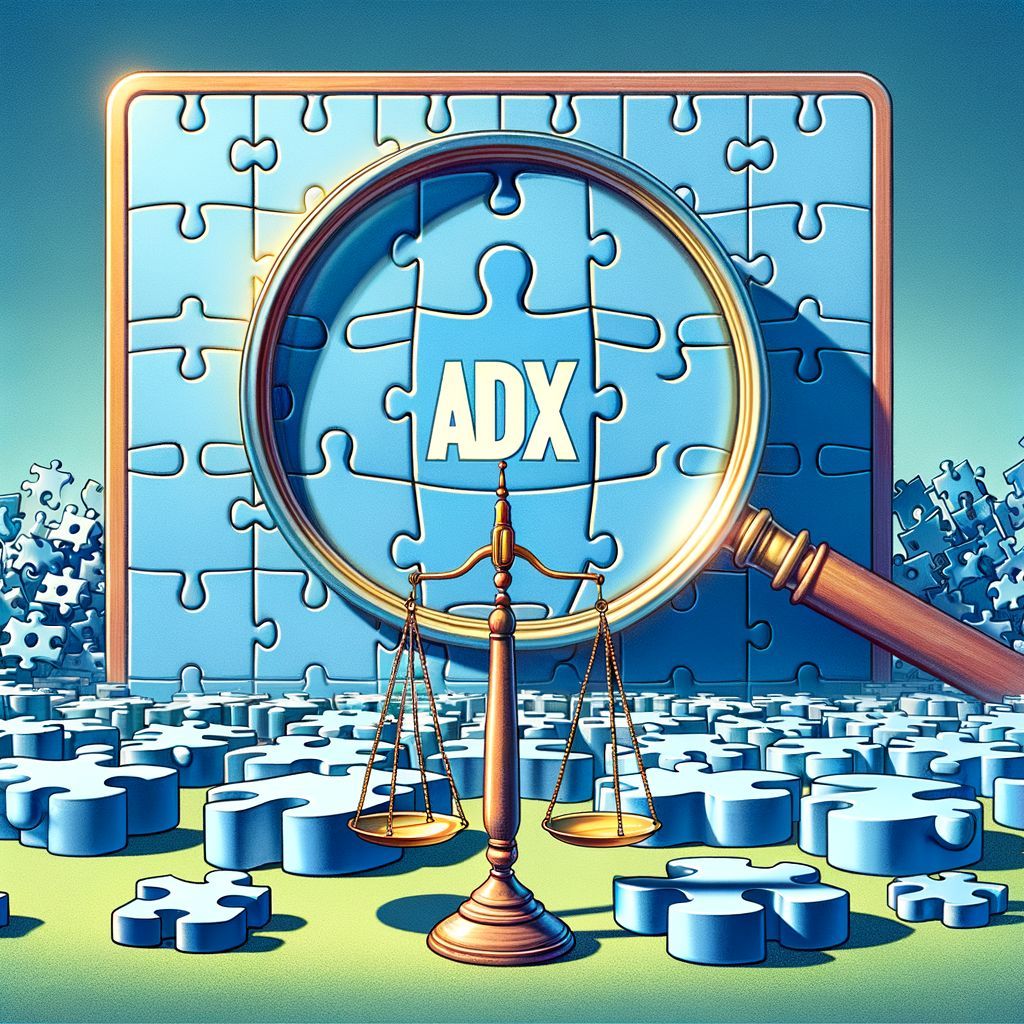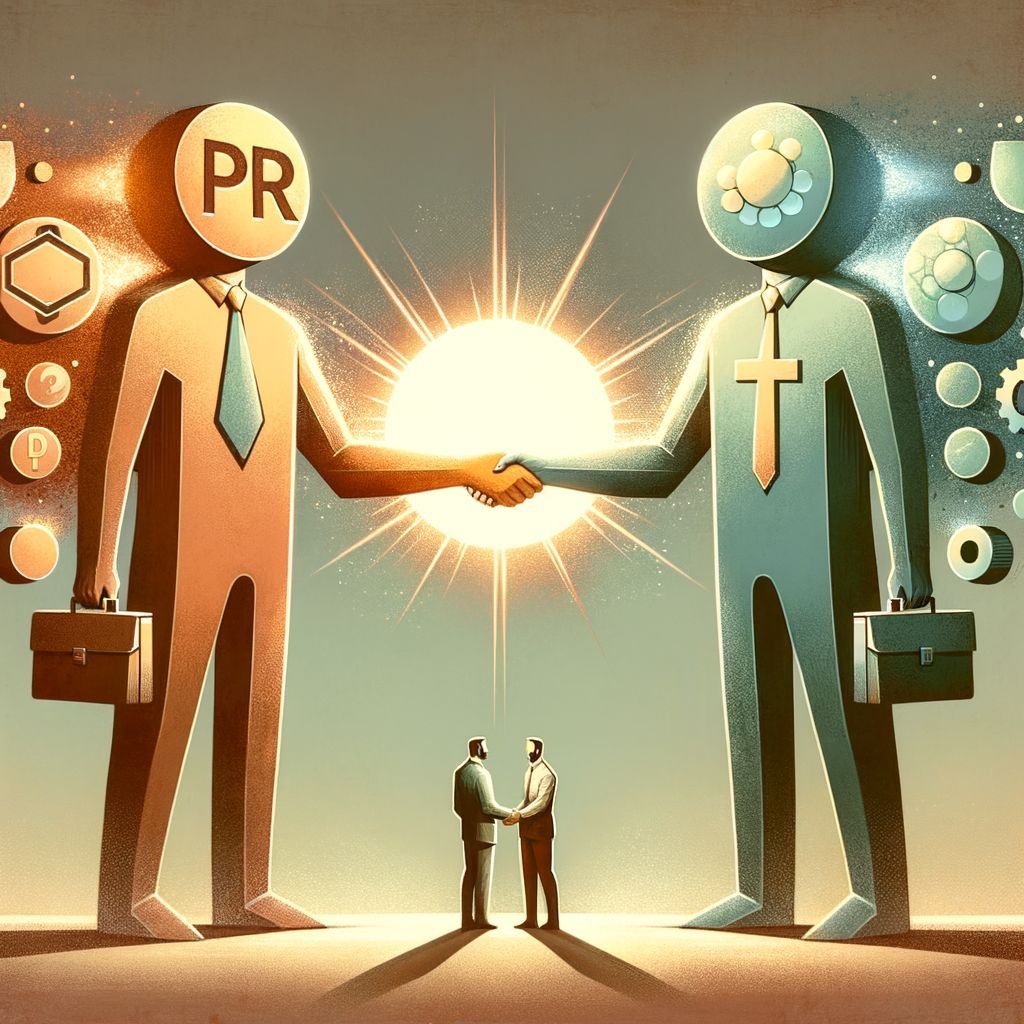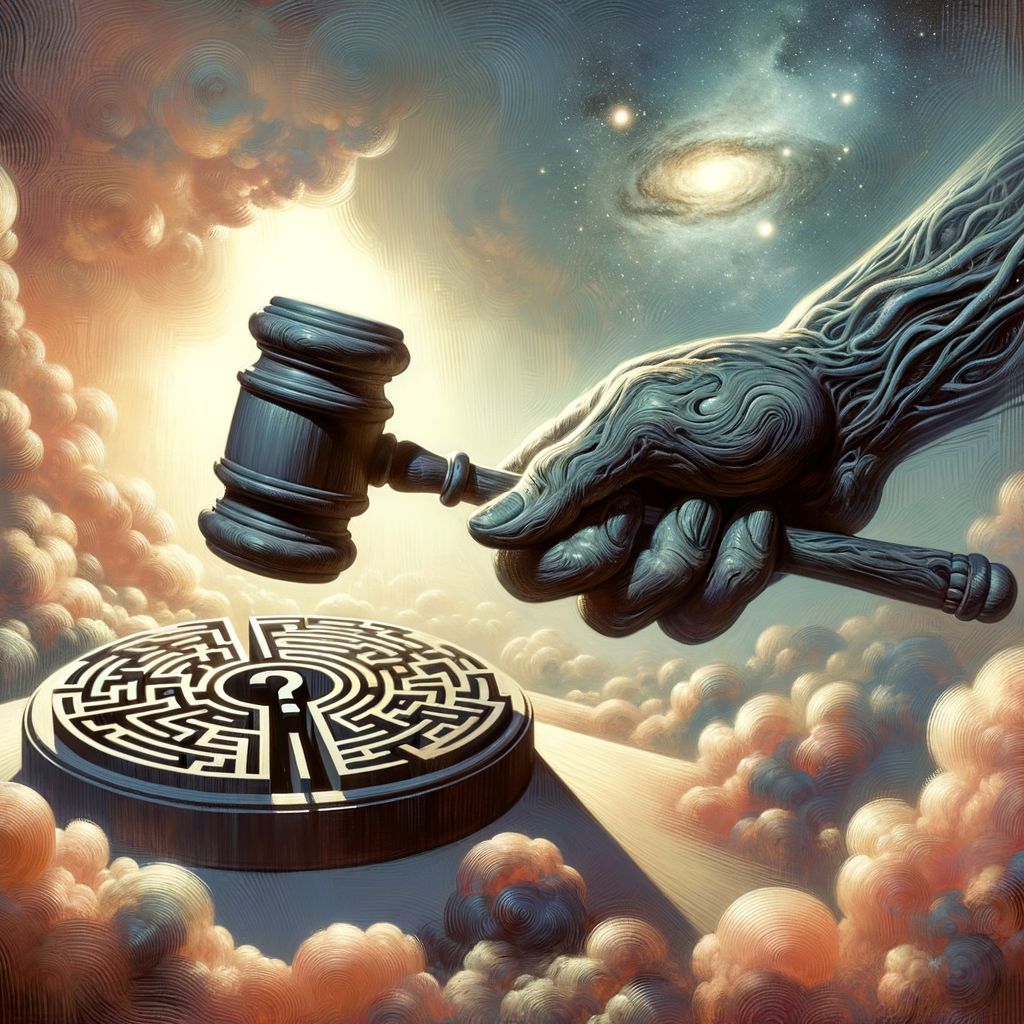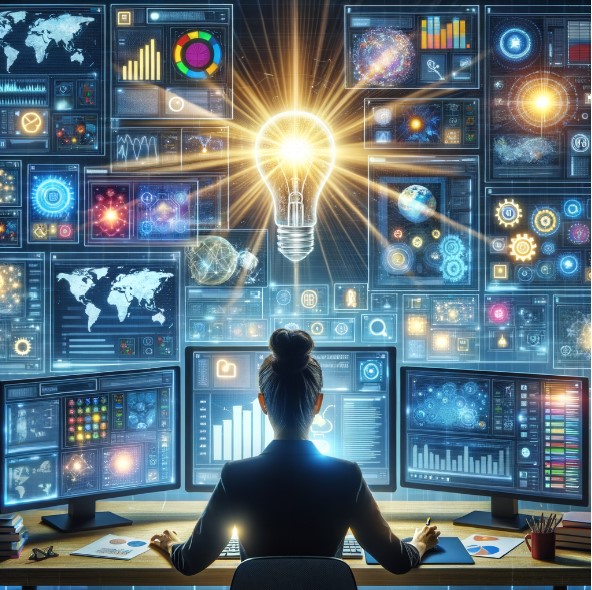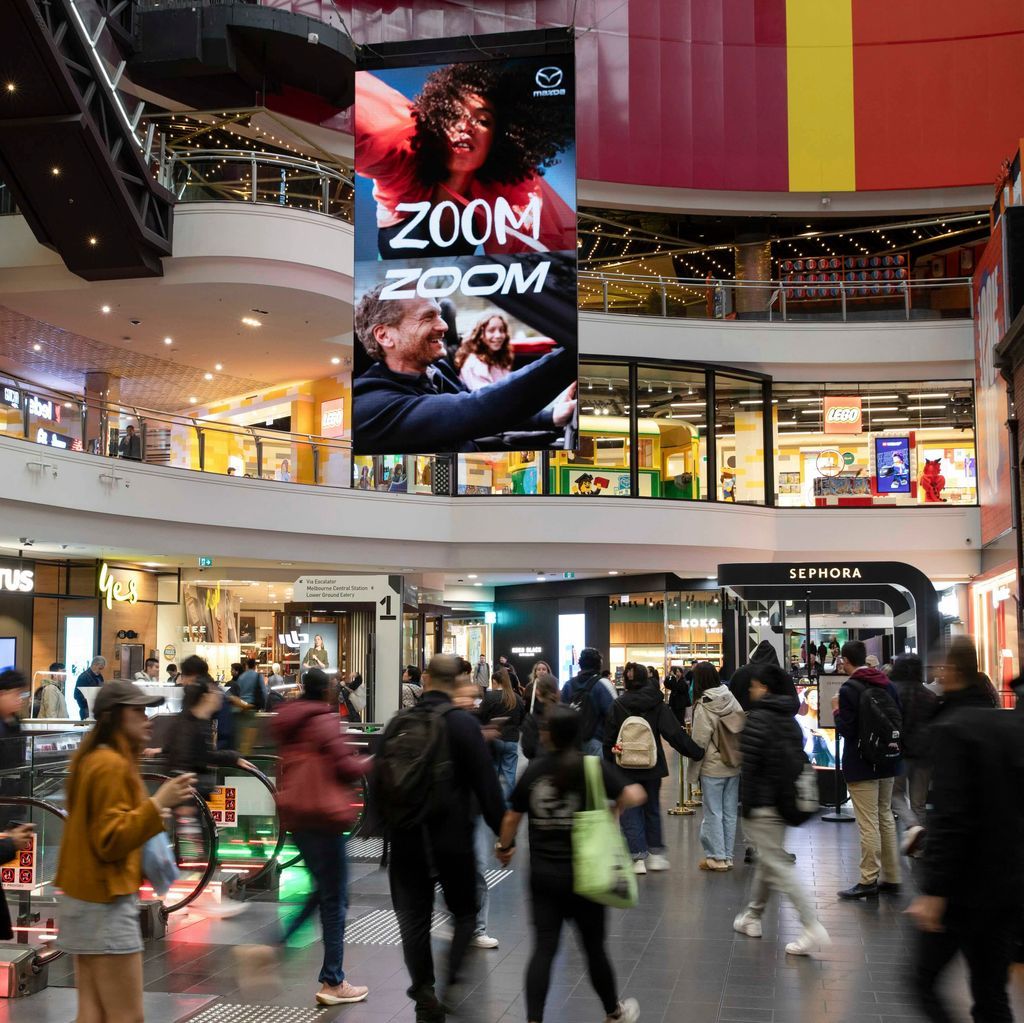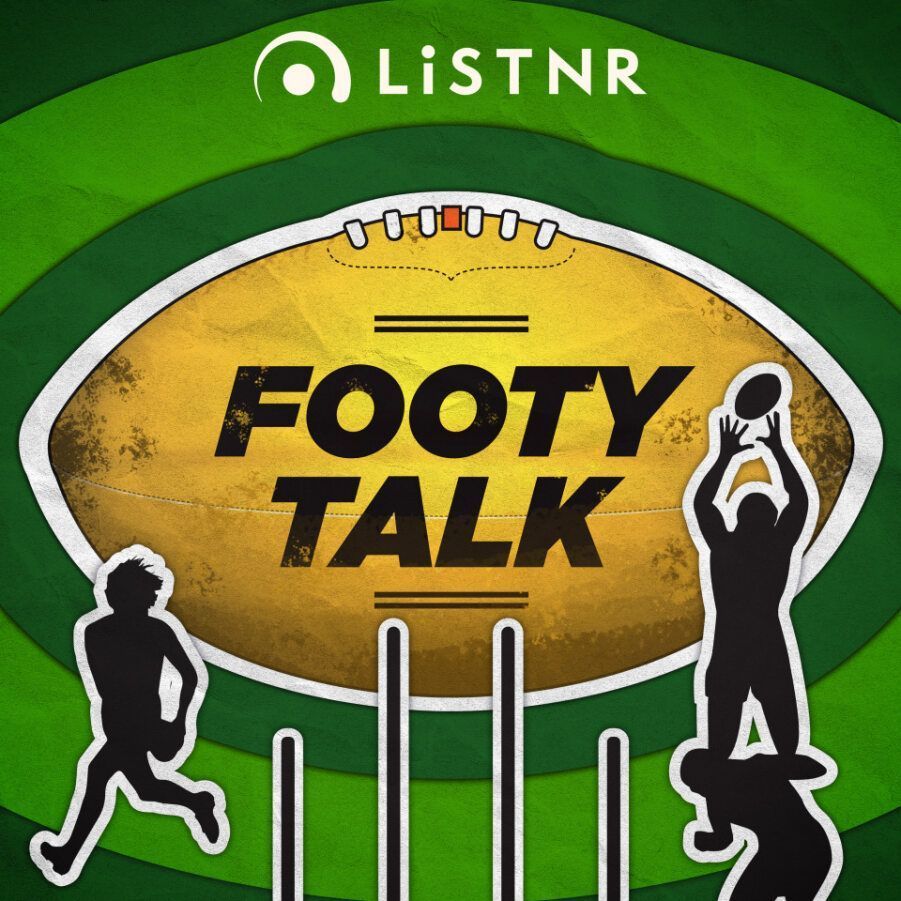
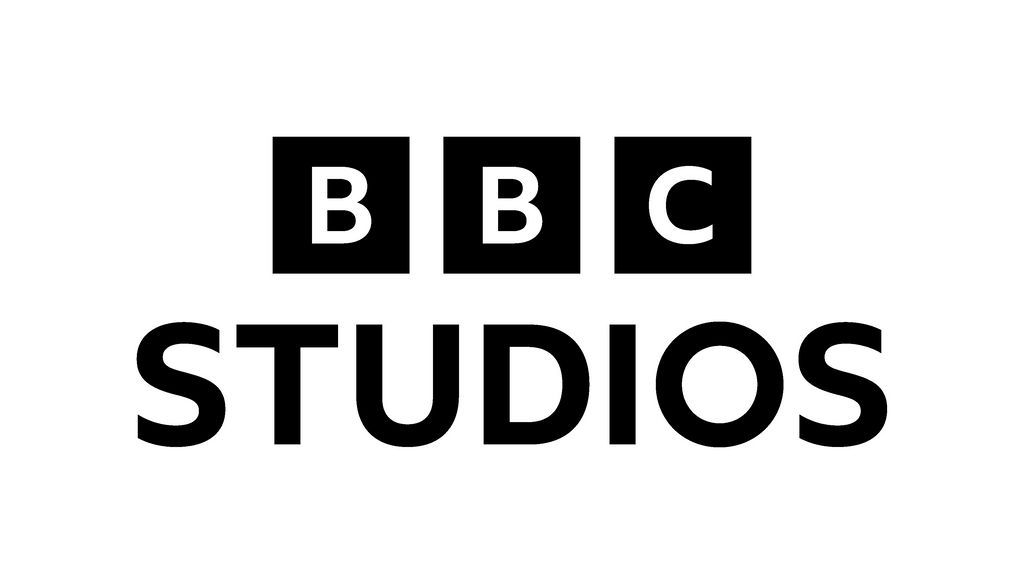
Pic: Midjourney
Editors' Note: Many Fast News images are stylised illustrations generated by Dall-E. Photorealism is not intended. View as early and evolving AI art!

AI's news disguise,
Australians struggle to see,
Truth in tech's new guise.

Over 80% of Australians feel they may have fallen for fake news, says BBC
A recent survey by BBC Studios has revealed that a significant number of Australians are struggling to identify fake news and AI-generated content. The survey, part of the BBC Global Minds Survey, Australia, was conducted in October 2023 and involved a sample size of 278 online individuals who regularly consume international news.
According to the survey, only 18% of Australians are confident that they have not fallen for fake news or AI-generated content. A staggering 73% of respondents could not determine whether they had been fooled by such content, while only 9% were able to clearly identify an instance of being tricked by unreal content.
The survey also highlighted a lack of knowledge about how to spot fake news, with only 39% of respondents feeling well-informed on the subject. More than half (53%) did not believe they could identify a news article created using AI.
In terms of AI's societal impact, Australians are divided. While 37% believe AI has a positive impact on society, 43% consider the impact to be negative. A significant 70% agree that AI amplifies the spread of misinformation in news, and 64% are unlikely to trust news sources that use AI to generate stories.
To verify news stories and breaking news, 83% of Australians regularly use a secondary source if the news comes from an unfamiliar source. Mainstream international media organisations are considered the most reliable sources of accurate news stories, with 72% of respondents in agreement. News aggregators (11%) and search engines (17%) were rated poorly as sources of accurate news. Less than 3.5% consider social media outlets to be reliable news sources, and celebrities are the least trusted, with less than 0.5% considering them a reliable source.


